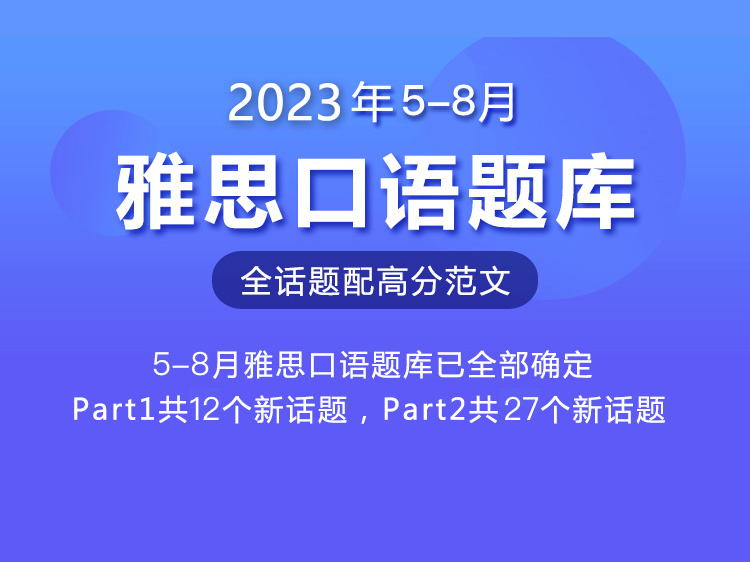雅思课外读物--How come smartphones become your boss?
- 2016年05月26日15:50 来源:互联网
- 参与(1) 阅读(8652)
即使在度假,我们为什么也着魔一样地去查看工作邮箱?这是技术惹的祸,还是心理毛病?本文论述,本质原因是我们把自己看成人资本(human capital),这种资本只有在永不停歇的工作中才能获得增长。我们根本停不起!
The worst case of “work addiction” I have encountered was described to me by an ex-management consultant. A member of his team – let’s call him Gary – was forced by his employer to take a holiday. The firm saw yet another potential burnout(精疲力尽的) victim on its hands, in what has become a costly epidemic(流行病) in today’s economy. So Gary bid farewell and set off for sunny Crete for two weeks with his girlfriend.
While he was away the firm noticed something mysterious was happening. Gary’s emails were periodically being cleared in compact 20-minute bursts. He was asked about it when he came back. It turned out he simply couldn’t sit by the beautiful seashore doing nothing all day. He felt as if he was dying inside. So he secretly smuggled his smartphone to the beach and slipped off to the toilet every once in a while to get his email fix. Gary’s co-workers found it hilarious(好笑的), but also somewhat disconcerting(令人不安的).
It’s hard to say exactly when this curious form of office technology became such a major source of obsession(着魔), stress and overwork. Something once heralded(引领) as an important tool of liberation (no more clunky, slow memos), is now experienced by the average employee as a weird kind of tyranny(暴政) with addictive properties. To see just how inescapable it has become, just try asking a stressed City worker to turn off their smartphone during lunch. Things can get nasty.
In this sense, handheld devices are an almost perfect expression of the “never switched off” employment culture that has been growing over the past 15 years. It is not surprising that research by the Chartered Management Institute has found that employees unwittingly(不知不觉地) cancel out their entire annual statutory holiday time with the after-hours work they do. Burnout and health problems are an inevitable consequence, according to the study.
But here is the catch(迷惑人的东西): there is nothing intrinsic(内在的) to a smartphone that forces people to send yet another email, sometimes long after the office has closed. It’s just a little piece of plastic and silicon. So the inability to switch off must be symptomatic of other pressures.
No doubt labour intensification(增加强度) is part of the problem – fewer people doing more work, which is a cornerstone employment policy in the age of permanent austerity(严峻). However, other changes have also occurred too.
According to an influential group of neoliberal economists working in the 1970s, people ought to see themselves as “human capital” rather than human beings. This sort of capital is a never-ending investment, continuously enhanced in relation to skills, attitude and even physical appearance.
Work is crucial for building this capital, perhaps its defining source(建立这种资本,工作是关键,甚至可以说是其核心来源。). This is where employment and life more generally slowly merge and become indistinguishable from each other. A job is no longer something we do to achieve socially productive goals in society. An activity among other pursuits. No, a job today is something we are … preferably 24/7. Working unpaid overtime therefore seems natural. Self-exploitation looks like personal freedom.
In this wider context, technology has been guided (or for some perverted) to resonate with(与......呼应) this rather extreme economic theory of human capital. It is little wonder then that some employees I have spoken to admit that they compulsively(强迫性地) sleep with their phones, just in case the boss or client calls.
The emergence of wearables(可随身携带的电子产品), personal administration apps and the careful orchestrating(和谐安排) of social media identities all fit into the human capital template(模板) invented by long-dead economists. Thus it is wrong to view post-industrial work as somehow less physical or concrete compared to the factory of yesteryear.(因此,如果你认为后工业时代的工作没有昔日工厂那么有形或具体,你就错了。) Today our bodies matter more than ever. Control has been attached to our person and is reflected in the health problems indicative of a work-centric society as the body inevitably fights back.
So what can we do? Some have advocated what I call the “Californian solution”. The digital detox(解毒) movement among burnt-out IT nerds(迷) is a good example. Steve Hilton, former adviser to David Cameron and now a Silicon Valley entrepreneur(企业家), boasts that he hasn’t had a phone in years. The trouble with this approach is that it renders the crack-like addiction to email and work a personal challenge, to be dealt with by attending to our lifestyle choices and a healthier attitude.(这种方法的问题在于,它让杜绝电子邮件和工作狂这件事变成了一种个人化的挑战,通过选择生活方式和更健康的态度来完成。) In other words, excruciatingly Californian in the way it is geared to those who can pay. (换句话说,“加州方案”是令人折磨的,只适用于那些做得到的人。)
But the tyranny of work email cannot be curbed by new age therapy or an expensive spiritual retreat(退缩). This is an economic or even societal malaise(疾病) and should be addressed at that level. Some countries are trying to stop the use of work email after office hours. The arguments for these initiatives(行动) ironically have an economic basis since stress and burnout hurts the bottom line and kills productivity.(颇有喜感的是,这些行动居然有经济方面的理由,因为精神压力和精疲力尽伤害了底线,破坏生产力。) Some firms even automatically delete incoming messages for any staff who are on vacation.
Those last few days of holiday spent obsessively imagining the inbox that awaits can be hell.(在假期的最后几天,老控制不住地想象邮箱里有待处理的邮件,这真是很糟糕。) But is technology really the nub(关键)of the problem? Perhaps the growing tendency to self-abuse by email merely reflects our wider obsession with work, where we are all pieces of human capital who can’t afford to switch off. (然而,这真是技术惹的祸吗?也许,我们日渐被邮件自我折磨,反映的是我们越来越迷恋于工作,在工作中,我们都是一块块人资本,根本承担不起关掉的代价。)It is that mindset(思维模式) that really needs to change.
(转第二页)












































